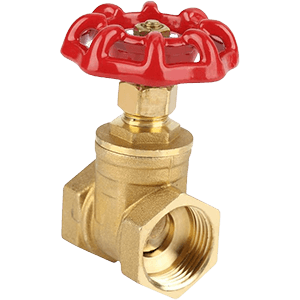If you’ve ever worked in marine systems, plumbing, or industrial fluid control, you’ve probably come across bronze valves. These valves are known for their strength, corrosion resistance, and long service life. But what makes bronze such a trusted material, and where exactly are these valves used? Let’s explore.
Why Choose Bronze Valves
Bronze valves are made from an alloy of copper, tin, and sometimes small amounts of zinc or lead. This combination gives bronze excellent resistance to corrosion, especially from saltwater and moist environments. That’s why they’re a go-to choice in marine and coastal applications, where other metals like steel might rust over time.
Bronze also performs well across a wide temperature range and maintains its mechanical strength under pressure. These characteristics make it ideal for both freshwater and seawater systems, as well as many industrial fluid processes.
Marine and Shipbuilding Applications
One of the most common uses of bronze valves is in ships and offshore platforms. Marine systems are constantly exposed to seawater, which can quickly corrode ordinary metals. Bronze valves stand up well to this challenge.
-
①Seawater cooling systems – controlling water flow to keep engines and equipment cool.
-
②Ballast systems – managing water transfer for vessel stability.
-
③Bilge systems – handling the removal of excess water from the hull.
-
④Firefighting lines – ensuring reliable water flow in emergency systems.
Plumbing and Water Supply Systems
Bronze valves are also widely used in residential and commercial plumbing. They control the flow of water in pipelines and provide dependable sealing performance. Whether it’s a bronze gate valve, globe valve, or check valve, these components ensure steady operation even under high pressure.
They are especially preferred for potable water systems, as bronze is non-toxic and resistant to the buildup of scale and mineral deposits. This helps maintain clean water flow and reduces maintenance needs.
Industrial Applications
-
①Oil and gas systems, where they handle non-corrosive fluids.
-
②HVAC systems, for regulating heating and cooling fluids.
-
③Chemical processing, where they control non-aggressive chemicals or air.
-
④Steam lines, thanks to their ability to withstand moderate temperatures and pressures.
Post time: Oct-17-2025

